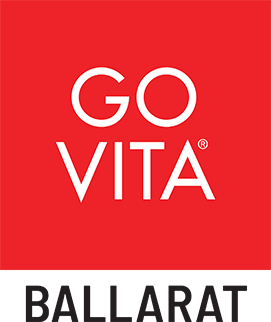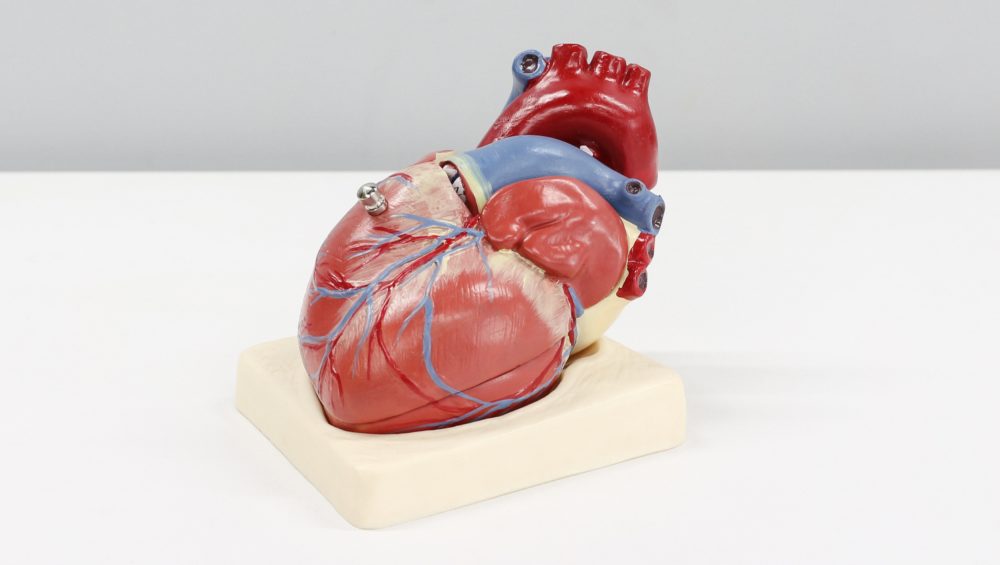The 2017-18 Australian Bureau of Statistics (ABS) National Health Survey found that approximately 1 in 3 adults have high blood pressure, otherwise known as hypertension. 25% of men (1 in 4) and 20% of women (1 in 5) are found to have uncontrolled hypertension.
Uncontrolled hypertension or high blood pressure is defined as a systolic blood pressure of 140 mmHg or greater, and diastolic blood pressure of 90 mmHg or greater, where normal blood pressure in a healthy adult is 120/80 mmHg. There are often no symptoms associated with hypertension, so it is important to have regular medical examinations to ensure blood pressure isn’t creeping up.
Hypertension increases the risk of chronic illnesses such as stroke, coronary heart disease, heart failure or chronic kidney disease. Whilst hypertension can be genetic (especially if both parents suffer from high blood pressure), diet and lifestyle choices can also be influencing factors.
Possible causes of high blood pressure:
- Excessive alcohol intake
- A diet high in salt and low in potassium
- A diet low in fibre and high in sugar
- A diet high saturated fat diet, especially if combined with a low intake of essential fatty acids (EFAs)
- Diet low in calcium, magnesium, vitamin C (and antioxidants in general)
- Excessive caffeine intake (4+ cups of coffee/cola/energy drinks per day)
- Obesity
- Stress
- Smoking
- Lack of exercise

What can help reduce blood pressure?
It should come as a relief to know that many people have successfully lowered their blood pressure by making simple lifestyle adjustments.
Some nutrients, fatty acids and vitamins that assist in the management or prevention of hypertension include:
- Potassium – To avoid possible toxicity through supplementation, it is better to increase potassium-rich foods in the diet to meet the body’s needs
- Magnesium – Potent inhibitor of vascular smooth muscle contraction
- EPA / DHA – Lowers cholesterol, reduces inflammation
- Coenzyme Q10 – Lowers blood pressure, component of mitochondria of cardiac cells
- Arginine – Improves blood flow by stimulating nitric oxide (NO) production (vasodilation)
- Vitamin C – Improves integrity of blood vessels, inhibits plaque maturation
- Vitamin E – Antioxidant, aids in blood vessel dilation/constriction.
- Vitamin B6 – Lowers platelet aggregation and homocysteine levels
- Calcium – Controls vascular smooth muscle cell contractility and thus modulates peripheral vascular resistance
We have a wide range of supplements available at Go Vita Ballarat. If you need assistance to what one is right for you, pop in and speak with any of our friendly and knowledgeable Go Vita Naturopaths.
The impact of diet on blood pressure
As dietary influences play such a major role in the development of hypertension, diet modification can increase overall health and contribute to a reduction in blood pressure and associated cardiovascular disease risks.
The Dietary Approach to Stop Hypertension (or DASH diet) is recommended for the treatment or prevention of high blood pressure. The DASH guidelines focus on eating a balanced diet of fresh fruits, vegetables, whole grains and lean meats, as well as snacking on nuts and seeds, fruit and vegetables, and small amounts of dark chocolate.
Foods to avoid if you have hypertension:
- Eliminate salt
- Avoid excessive alcohol intake (aim to have less than 3 alcoholic drinks per day)
- Avoid caffeine; especially coffee and carbonated beverages containing caffeine
- Reduce intake of animal fat and omega 6 which have an inflammatory effect on blood vessels and arteries, decreasing arteriole integrity
- Eliminate refined, processed foods high in trans fatty acids
- Reduce sugar and refined carbohydrates (a diet high in sucrose or fructose can give rise to hyperlipidaemia, insulin resistance and hypertension)
- Reduce intake of animal protein (however maintain protein at approximately 40 % of daily caloric intake)
If you are in the high-risk category for hypertension (family history of high blood pressure, obesity, smoking and sedentary lifestyle), ensure that you have your blood pressure checked regularly and ask how your doctor, naturopath or other health professionals can support you in reducing your risk of associated chronic illnesses.






